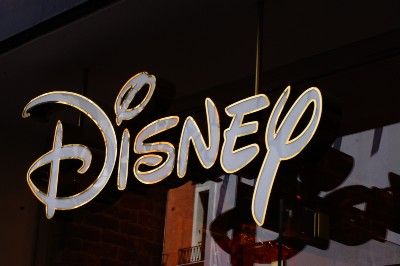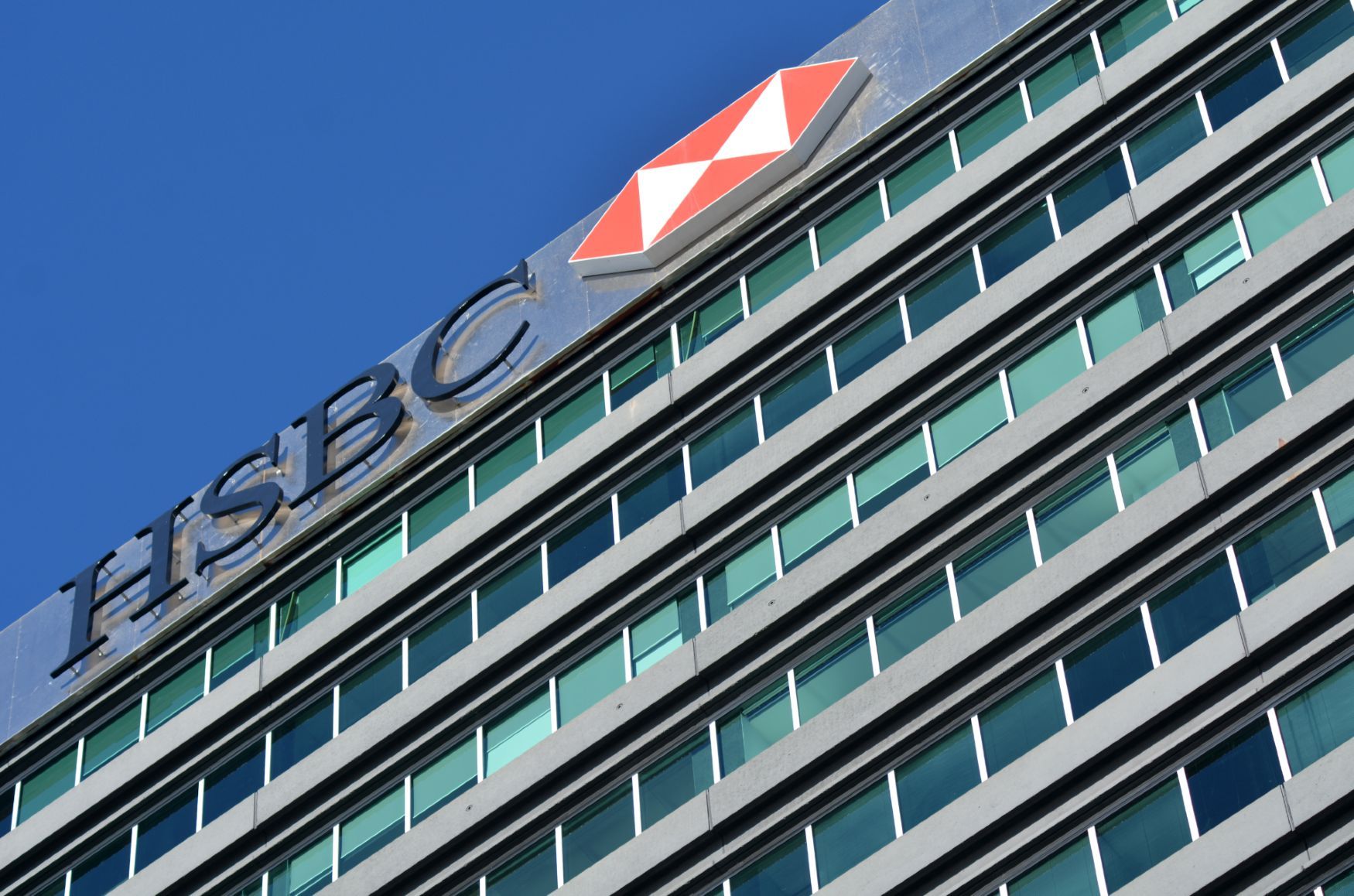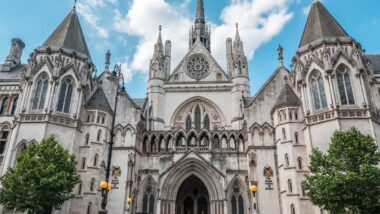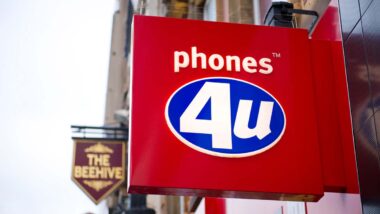Top Class Actions’s website and social media posts use affiliate links. If you make a purchase using such links, we may receive a commission, but it will not result in any additional charges to you. Please review our Affiliate Link Disclosure for more information.
A group of 371 investors has started a £1.3 billion class action lawsuit against HSBC in a claim related to a Disney film financing scheme.
HM Revenue & Customs has determined the scheme was a tax avoidance mechanism, according to the Financial Times.
The investors filed the claim in London’s High Court against HSBC UK. The claim was made for suspected losses brought about by HSBC’s private bank in the development and marketing of a series of film financing schemes called the Eclipse Partnerships.
The Eclipse investors maintain that they were advised Eclipse would trade the rights to films including Disney’s “Enchanted.” According to Bloomberg, the investors say HSBC is accountable for false promises made by Eclipse Partnerships, which promoted opportunities to invest in films like “Pirates of the Caribbean 2” and “Confessions of a Shopaholic.”
Despite this, the investors claim none of the rights to any of these Disney films were ever actively traded. The Eclipse investors assert that instead of gains on their investments, they have only ended up with losses and possible tax liabilities for investing in the partnerships.

“It was a risk-free income stream for Disney, HSBC, and the lending banks — but financially catastrophic for its unwitting investors,” Edwin Coe senior partner David Greene told BNN Bloomberg.
In 1997, the Labour government introduced tax deferral structures in film investment. The tax deferral structures were meant to help independent producers and boost investments in the U.K. film industry. The structures allowed investors in film finance schemes to counterpose the investment against their taxable income.
Between 2006 and 2008, Eclipse was open to investors and was advertised as a genuine, tax-efficient investment.
Allegedly, 750 people from a variety of backgrounds invested around £2.3 billion in financial assets in Eclipse Partnerships.
The Eclipse investors received loans to subsidise their investment, and the interest on the loans was supposed to be covered by their by the consequent earnings on the film exploitation rights investment, the Financial Times reported.
This is not the first time HSBC has been the subject in a lawsuit regarding tax fraud.
In a tax misconduct incident from 2000 to 2010, HSBC “confessed to conspiring with its staff, U.S. clients, third-party, and wholly-owned fiduciaries to aid tax evasion,” according to Verdict. HSBC managed around $1.26 billion (about £1.02 billion) of undeclared money for the bank’s U.S. clients. The settlement called for $60.6 million (about £49.4 million) in restitution to the Internal Revenue Service (IRS), $71.8 million (about £58.5 million) in civil forfeiture, and a penalty of $59.9 million (£48.8 million).
“HSBC Switzerland conspired with U.S. accountholders to conceal assets abroad and evade taxes that every American must pay,” Acting Deputy Assistant Attorney General Stuart Goldberg of the U.S. Department of Justice Tax Division said in a news release. “Banks, asset managers, and other financial firms enable such crimes — and we will hold these institutions to account, right along with the taxpayers that use them to facilitate and disguise illegal activities.”
In 2015, the Court of Appeals ruled in favour of HM Revenue & Customs and against Eclipse Partnership, finding that the company was protecting an estimated £635 million in tax. The court found Eclipse was claiming to trade film rights but instead they were carrying out a tax avoidance scheme.
Many Eclipse investors are now confronting tax demands from HM Revenue & Customs and are having to file for bankruptcy as a result.
One claimant from the group legal action, retired policeman Chris Upham, invested £25,000 in films in 2007. He and his wife are now suing over their lost investment.
The claim filed by the 371 investors is seeking £1.3 billion in loss and damages, according to the Financial Times. The trial is not expected to proceed until 2021 at the earliest.
HSBC has not commented on the current lawsuit.
Do you think HSBC will be held accountable for the investors’ losses? Let us know in the comments.
The plaintiffs are represented by are being represented by Edwin Coe LLP.
ATTORNEY ADVERTISING
Top Class Actions is a Proud Member of the American Bar Association
LEGAL INFORMATION IS NOT LEGAL ADVICE
Top Class Actions Legal Statement
©2008 – 2024 Top Class Actions® LLC
Various Trademarks held by their respective owners
This website is not intended for viewing or usage by European Union citizens.















